Being the Youngest Department of A.V.C College of Engineering, it was established in the year 2011. The main motto of this department is to provide innovative training and education in the latest technological part of Electrical and Electronics Engineering. The department is having well equipped laboratories and have the most dedicated and knowledge oriented faculty members. The department has also seeking for MoU with reputed industries for the industry institution interaction through workshops and seminars.
VISION
To make the students globally competent in the field of Electrical and Electronics Engineering by promoting active learning, research and development, innovative thinking coupled with societal and ethical values
MISSION
● To provide a good environment with latest technological infrastructure facilities, teaching-learning ambience and interaction with industry in the area of Electrical and Electronics Engineering.
● To inculcate graduates with high social and ethical responsibility, right attitude, discipline and an inclination towards offering their professional expertise in serving the society.
● To nurture the technical knowledge and necessary skill set in rural based poor students to excel in higher studies and research activities.
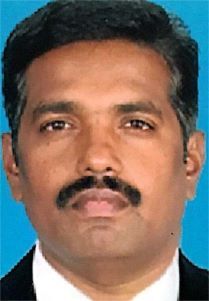
At our department, we are committed to providing a dynamic and enriching academic environment that fosters innovation, technical excellence, and research-driven learning. Our dedicated faculty members, state-of-the-art laboratories, and strong industry collaborations ensure that our students gain both theoretical knowledge and practical experience, equipping them for successful careers in engineering.
We take pride in our tradition of academic excellence and our efforts to stay ahead in emerging technologies. Our focus is not just on imparting knowledge but also on nurturing creativity, critical thinking, and problem-solving skills among students. We encourage interdisciplinary research, hands-on projects, and industrial exposure to prepare our graduates for real-world challenges.
With a strong emphasis on holistic development, we aim to mold our students into skilled professionals and responsible engineers who contribute to the advancement of society. I invite you to explore our department, engage in its vibrant academic culture, and be part of our journey toward excellence.
Professor/Head
| Name | Qualification | Designation |
|---|---|---|

|
M.E., Ph.D. | Professor/Head |

|
M.E., Ph.D. | Professor |
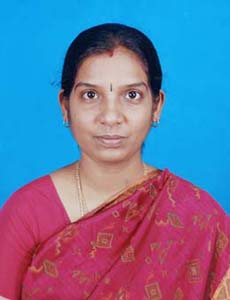
|
M.E., Ph.D. | Associate Professor |
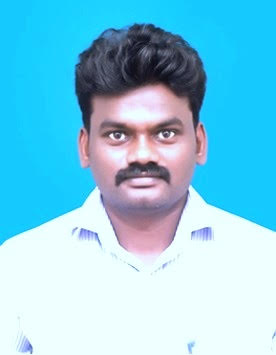
|
M.E., Ph.D. | Assistant Professor(Sl.grade) |

|
M.E., (Ph.D) | Assistant Professor |

|
M.E., Ph.D. | Assistant Professor |
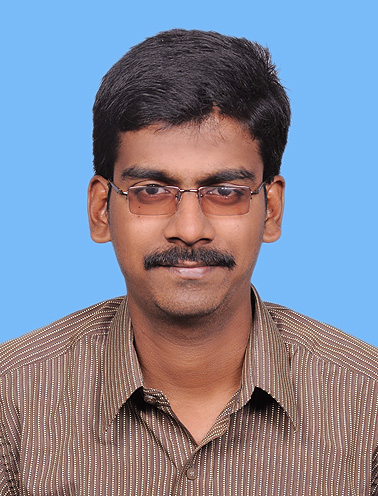
|
M.E., (Ph.D) | Assistant Professor |

|
M.E., (Ph.D) | Assistant Professor |
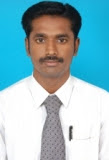
|
M.Tech., Ph.D., PGDIS | Assistant Professor |
| Name | Qualification | Designation |
|---|---|---|

|
D.E.E.E. | Technical Assistant |

|
B.E. | Technical Assistant |

|
B.Com. | Lab Assistant |
Programme Educational Objectives (PEOs)
PEO 1:Design and analyze the performance of Electrical Machines, Control and Instrumentation systems and Power Electronic systems.
PEO 2: Design the hardware and software requirements for the development of Electrical drives and Industrial Automation systems.
PEO 3: Provide socially acceptable technical solutions to complex electrical engineering problems with the application of modern and appropriate techniques for sustainable development.
Programme Outcomes(POs)
1. Engineering knowledge: Apply the knowledge of mathematics, science, engineering fundamentals, and an engineering specialization to the solution of complex engineering problems.
2. Problem analysis: Identify, formulate, review research literature, and analyze complex engineering problems reaching substantiated conclusions using first principles of mathematics, natural sciences, and engineering sciences.
3.Design/development of solutions: Design solutions for complex engineering problems and design system components or processes that meet the specified needs with appropriate consideration for the public health and safety, and the cultural, societal, and environmental considerations.
4.Conduct investigations of complex problems: Use research-based knowledge and research methods including design of experiments, analysis and interpretation of data, and synthesis of the information to provide valid conclusions.
5. Modern tool usage: Create, select, and apply appropriate techniques, resources, and modern engineering and IT tools including prediction and modeling to complex engineering activities with an understanding of the limitations.
6. The engineer and society: Apply reasoning informed by the contextual knowledge to assess societal, health, safety, legal and cultural issues and the consequent responsibilities relevant to the professional engineering practice.
7. Environment and sustainability: Understand the impact of the professional engineering solutions in societal and environmental contexts, and demonstrate the knowledge of, and need for sustainable development.
8. Ethics: Apply ethical principles and commit to professional ethics and responsibilities and norms of the engineering practice.
9. Individual and team work: Function effectively as an individual, and as a member or leader in diverse teams, and in multidisciplinary settings.
10. Communication: Communicate effectively on complex engineering activities with the engineering community and with society at large, such as, being able to comprehend and write effective reports and design documentation, make effective presentations, and give and receive clear instructions.
11. Project management and finance: Demonstrate knowledge and understanding of the engineering and management principles and apply these to one’s own work, as a member and leader in a team, to manage projects and in multidisciplinary environments.
12.Life-long learning: Recognize the need for, and have the preparation and ability to engage in independent and life-long learning in the broadest context of technological change.
PROGRAM SPECIFIC OBJECTIVES (PSOs)
1.Apply the knowledge of Mathematics, Science and Electrical Engineering fundamentals to solve complex problems in circuit and field theory, electrical machines, control systems, power systems and power electronics
2.Apply appropriate techniques and modern engineering hardware and software tools in power systems and power electronics to engage in life-long learning and to get an employment in the field of Electrical and Electronics Engineering
3.Create awareness and provide solution for Energy Security and Environmental Concern in the area of Renewable Energy to meet out the Countries Energy demand